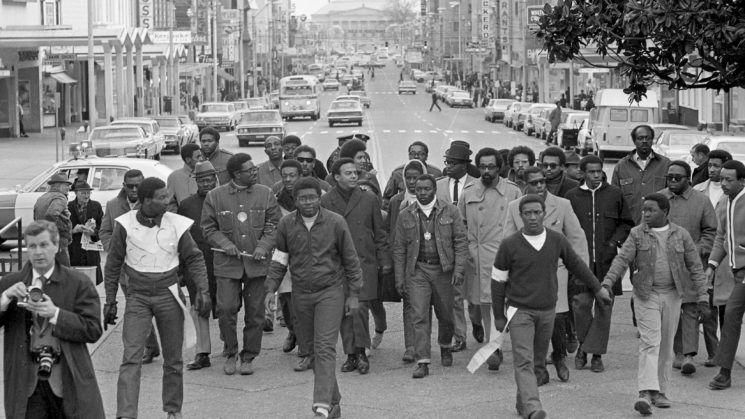
School desegregation came to rural Hyde County, but not without a fight. The white-controlled Hyde County Board of Education created a desegregation plan without input from the black community. The African American community responded with what was known as the “Hyde County Movement” that led to a boycott of the public schools for the 1968-69 academic year.
As of May 25, a North Carolina Highway Historical Marker now commemorates that movement in front of the old Hyde County Courthouse on NC 45 in Swan Quarter.
Initially, the all-white board proposed to expand the consolidated whites-only Mattamuskeet School, close two traditionally black schools and consolidate all three schools.
This would have meant extensive travel for black students, loss of longstanding educational experiences and potential job loss for black educators. African Americans felt their heritage and traditions were threatened, their leaders ignored.
Black leaders formed a committee of 14 with representation from each black Hyde County religious denomination. With help from Golden Frinks with the Southern Christian Leadership Conference (SCLC), they devised a plan of action for long marches between communities in the county. When that got little media attention, they changed tactics and began sit-ins at the Hyde County Board of Education. In November 1968 the courthouse in Swan Quarter was stormed, vehicles damaged and school property was trashed.
Other protests followed that attracted widespread media attention. National SCLC leadership visited Hyde County. A march was planned for February 1969 that brought approximately 600 protesters to the state capital.
The new Hyde County superintendent wanted a solution to the problem. Eventually a desegregation plan was adopted with more inclusive decision making. It made the two existing black schools elementary schools and turned the Mattamuskeet School into a high school. The advantages were minimal costs, shorter bus routes and separation of elementary and high school students.
For additional information on the N.C. Highway Historical Marker program, call (919) 814-6625 or visit www.ncdcr.gov. The Highway Marker program is a collaboration between the N.C. Departments of Natural and Cultural Resources and Transportation.
Adapted from a press release from N.C. Department of Natural and Cultural Resources
photo: Protesters march in Raleigh on behalf of desegregation in Hyde County, courtesy of the Raleigh News & Observer
##